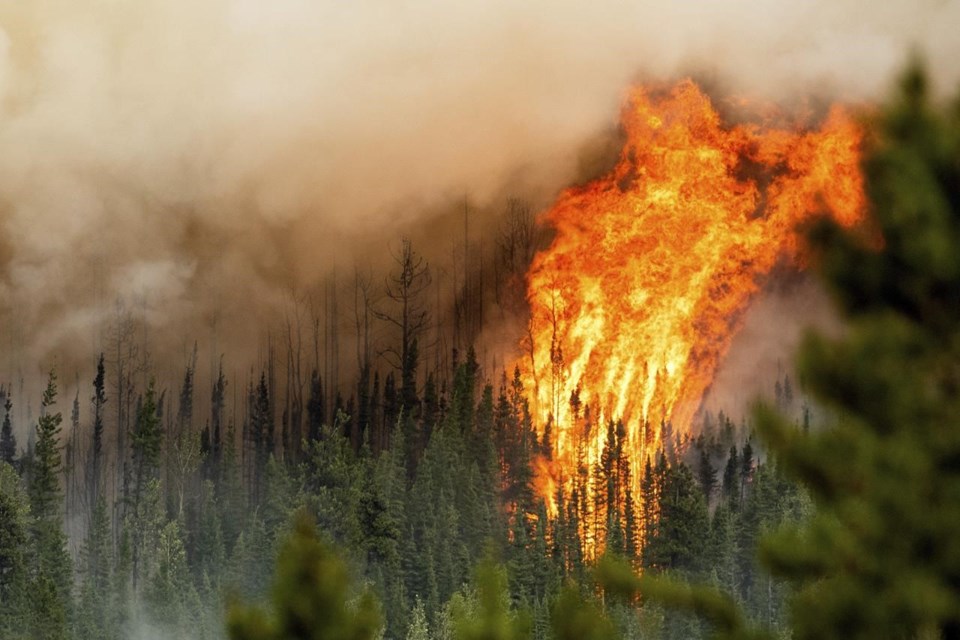PRINCE GEORGE, B.C. — Open burning will be banned across much of northern British Columbia starting next week after officials warned dry conditions could mean early wildfire activity this spring.
The BC Wildfire Service says there's a high grass fire hazard, and the ban in the Prince George Fire centre aims to prevent human-caused wildfires while protecting public safety.
An update on the service's web page says the ban will start next Thursday and is scheduled to remain in effect until mid-October.
It prohibits any fires larger than half a metre high by half a metre wide in an area stretching from Mount Robson Provincial Park in the south and Fort St. James in the west up to the Yukon boundary.
The wildfire service says people should also avoid lighting smaller campfires when it's windy and flames or embers should never be left unattended.
The ban covers the region that saw massive burned areas last year, and provincial officials told a news conference earlier this week that numerous holdover fires have smouldered through the winter in northeastern B.C.
Once the snow melts and the land dries out, they say moderate winds will be enough for those fires to start burning again.
At a subsequent news conference on Thursday, the B.C. government announced a new flood strategy for the province and an additional $39 million for local disaster-risk reduction projects.
"Whether fires, floods, or droughts, we know people are experiencing the impacts of climate change much faster than predicted," said Nathan Cullen, minister of water, land and resource stewardship.
This report by The Canadian Press was first published March 21, 2024.
The Canadian Press



